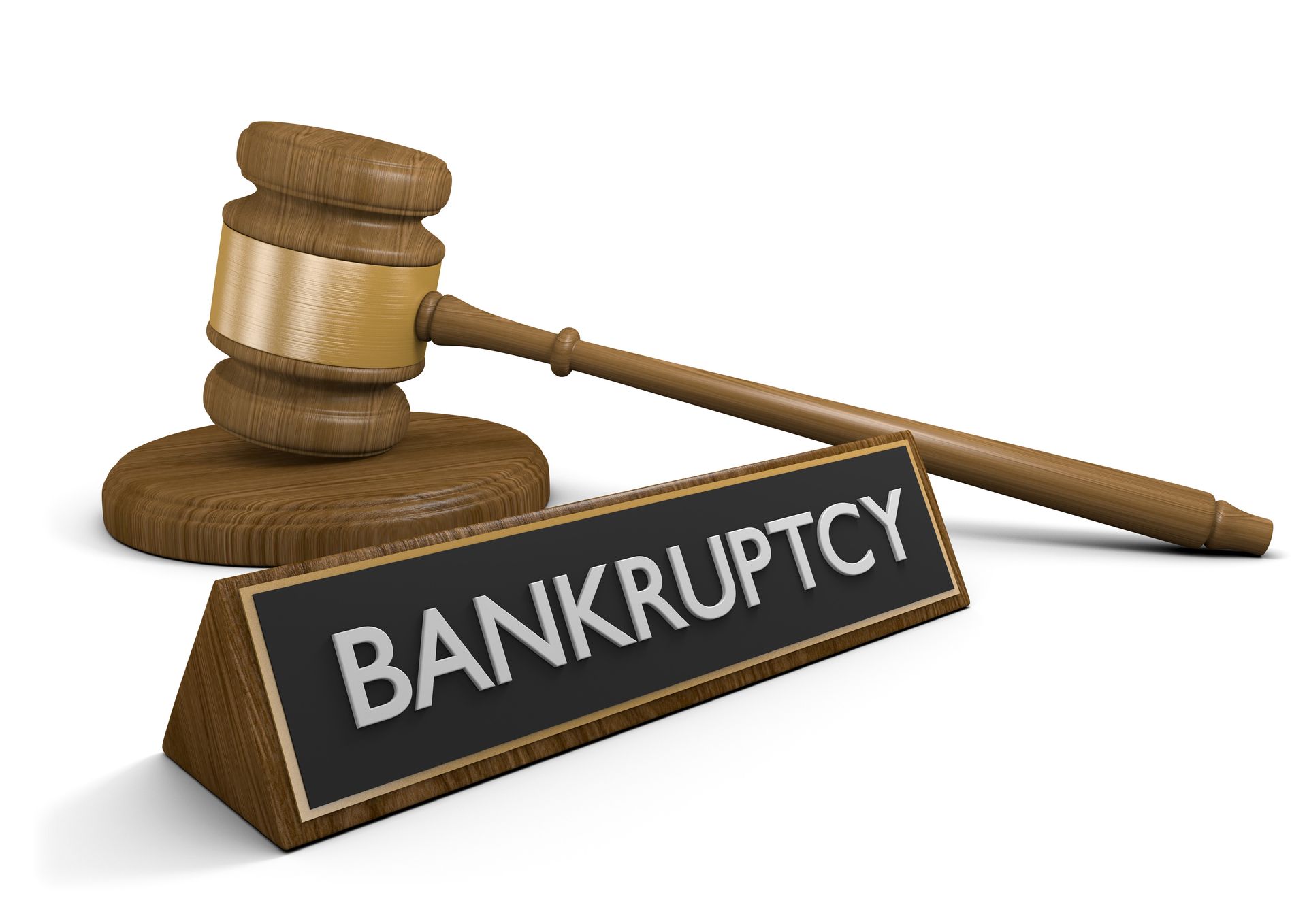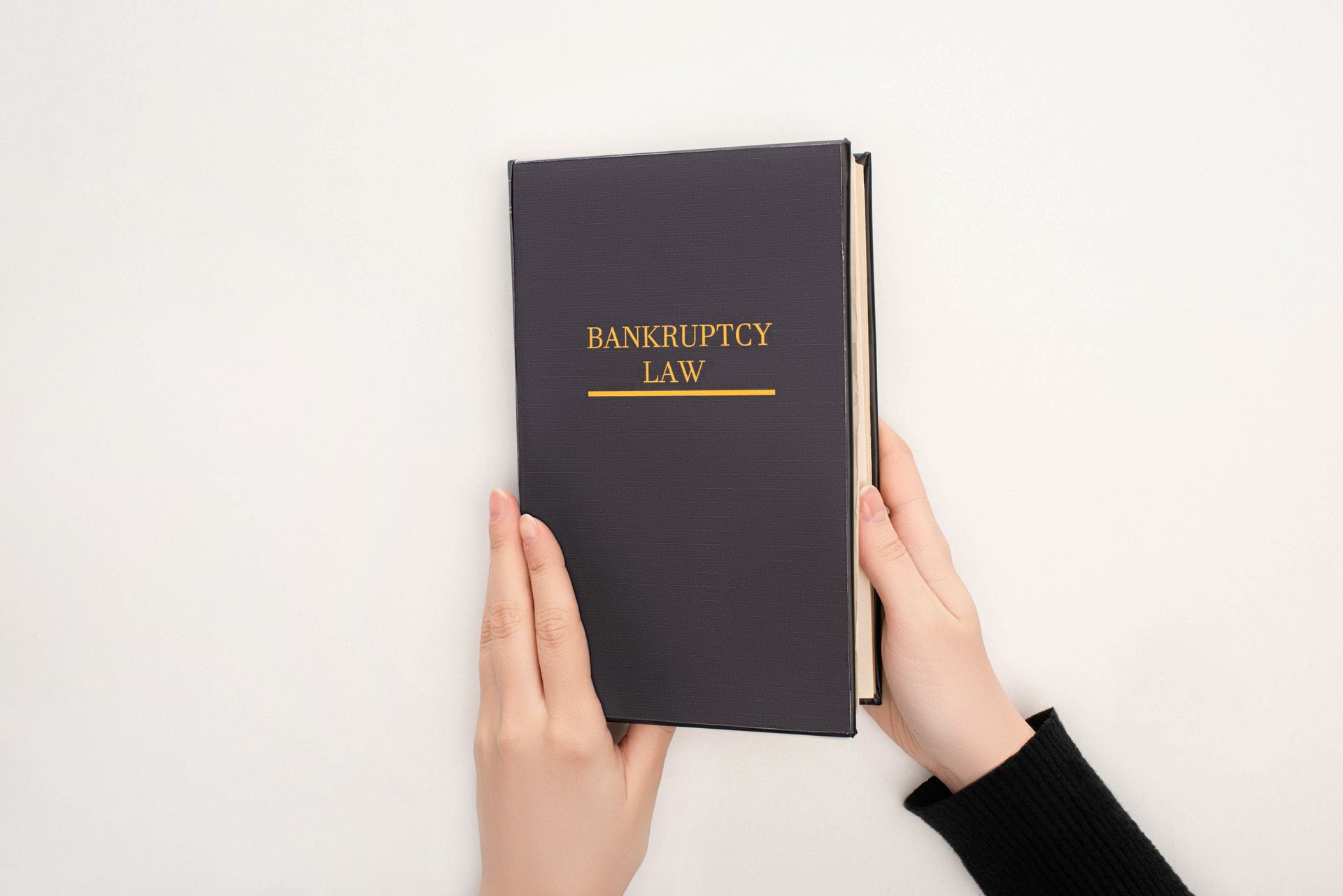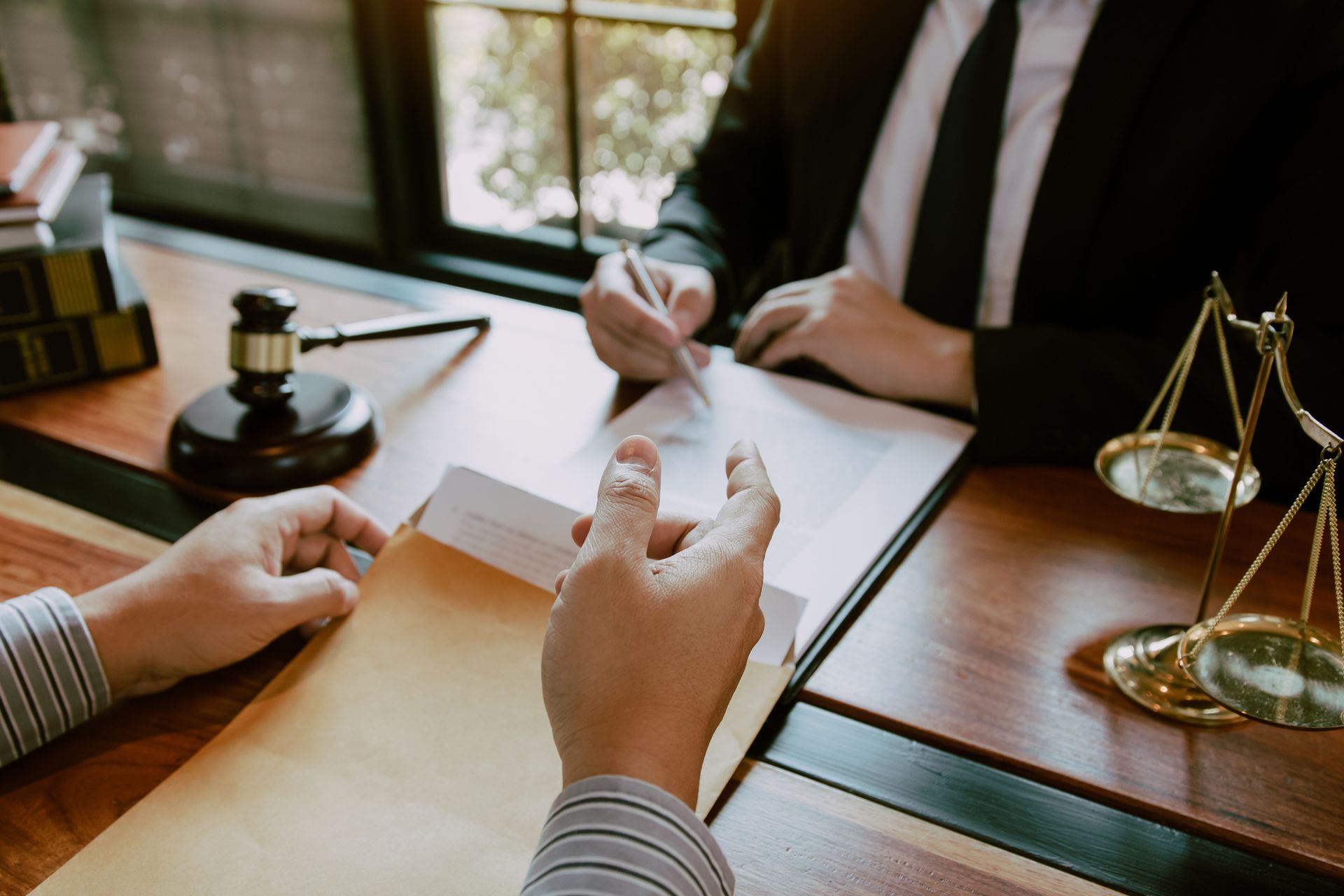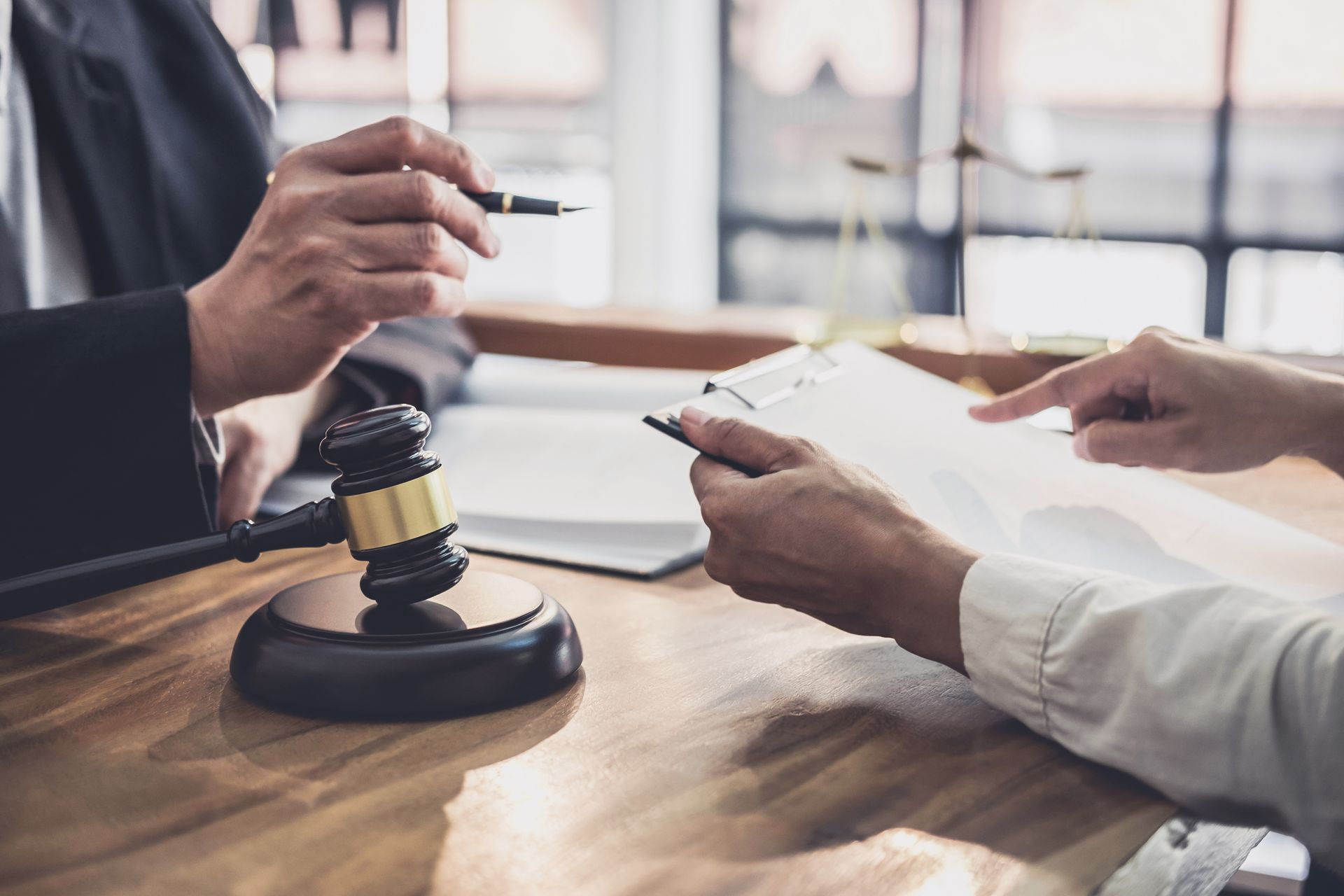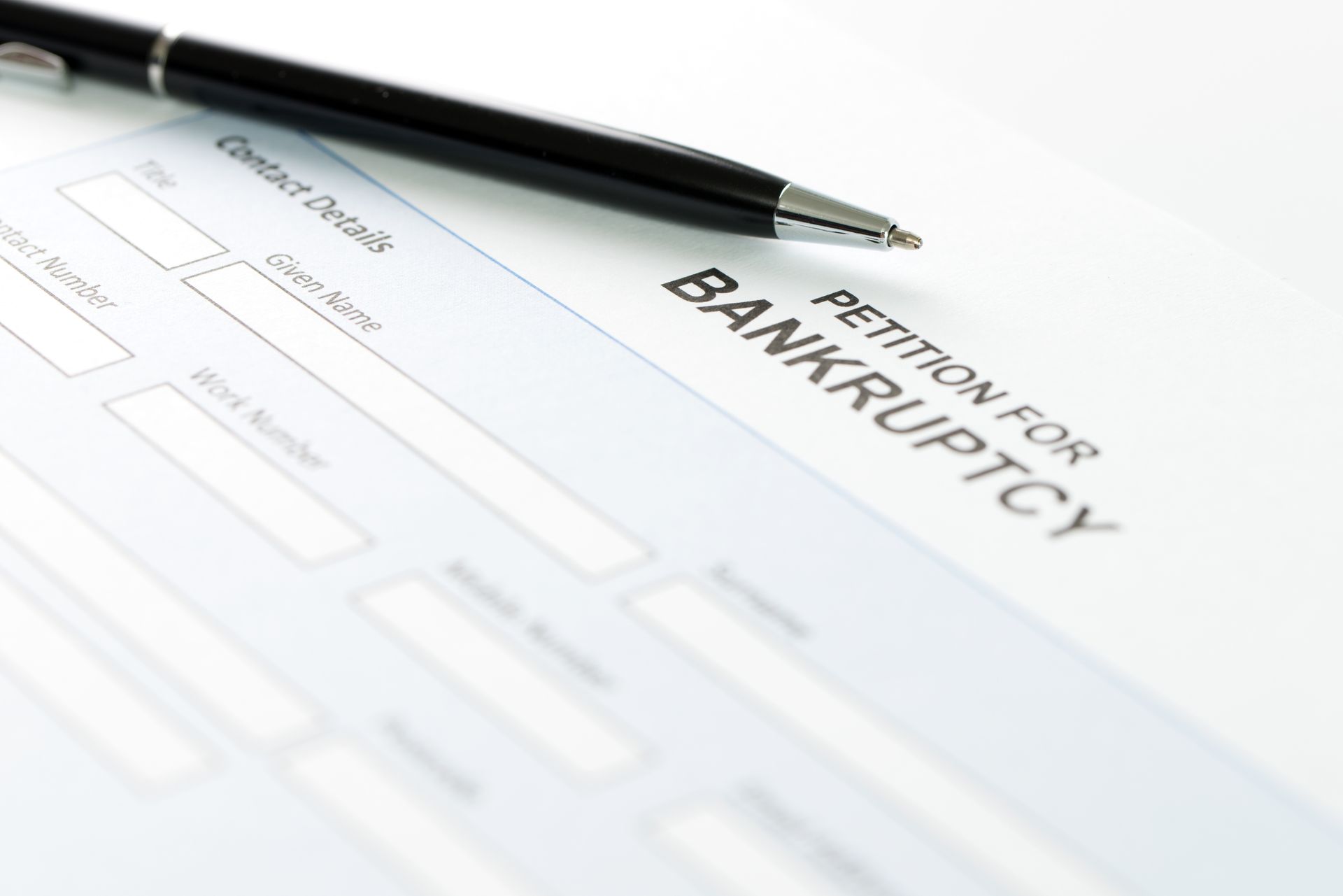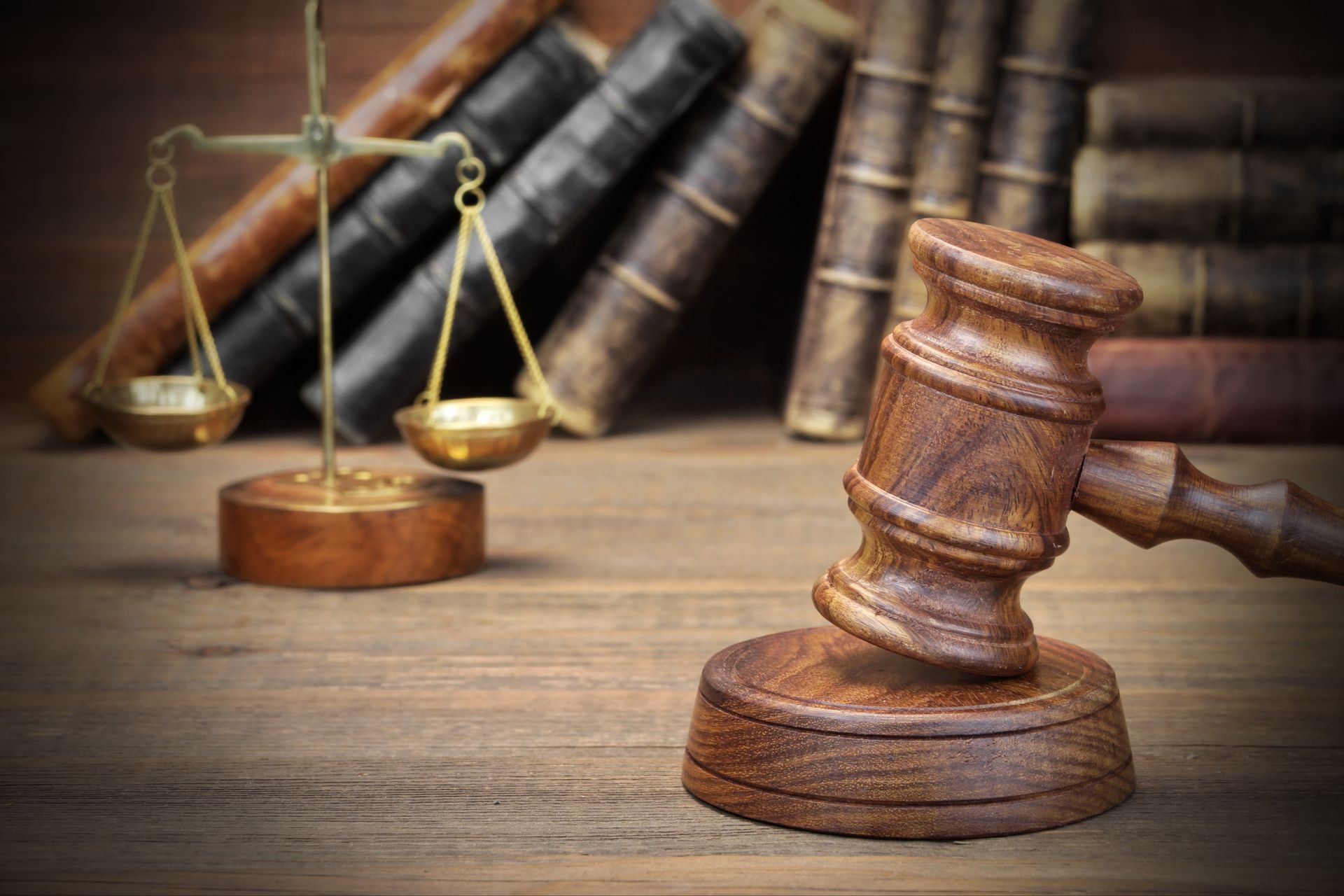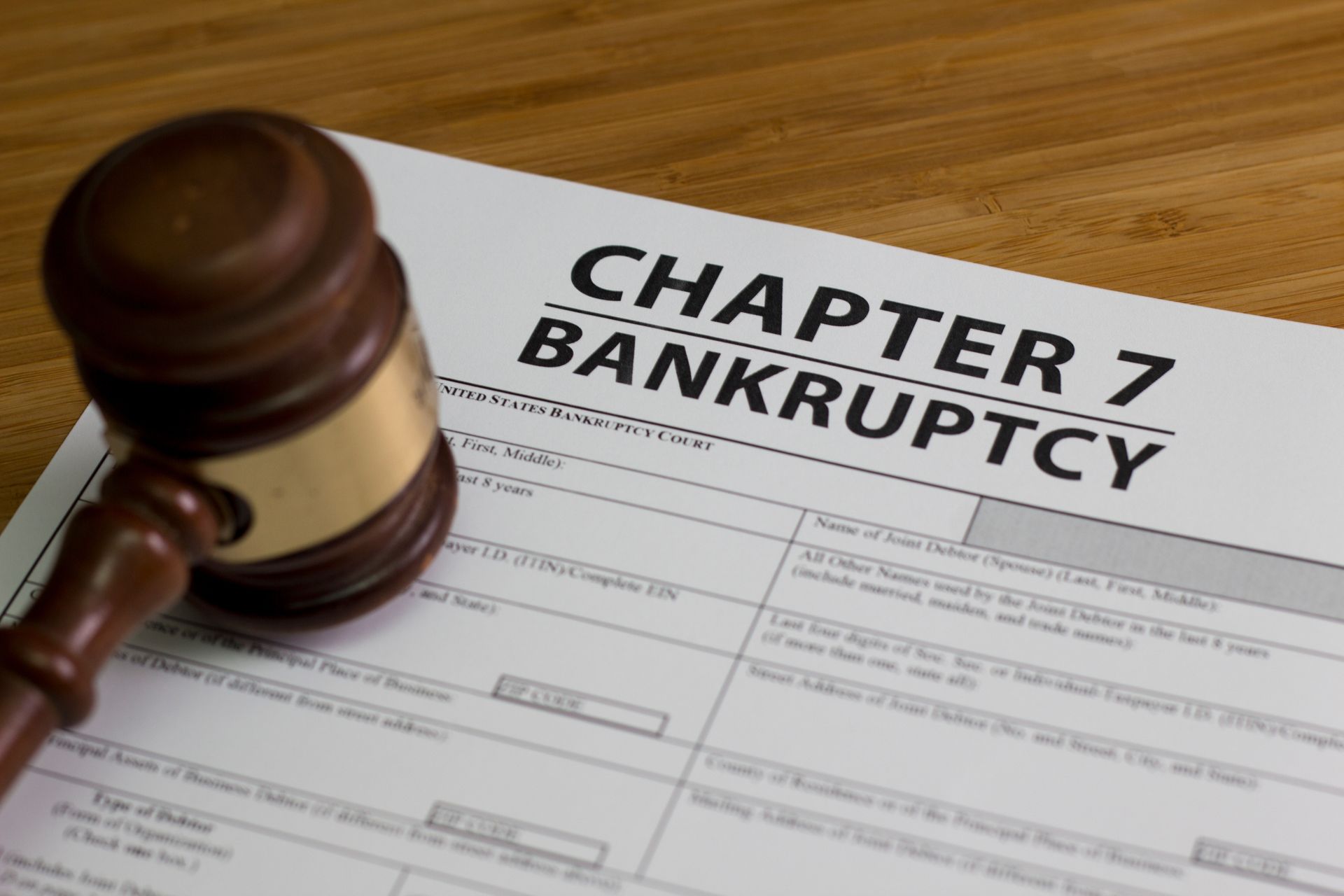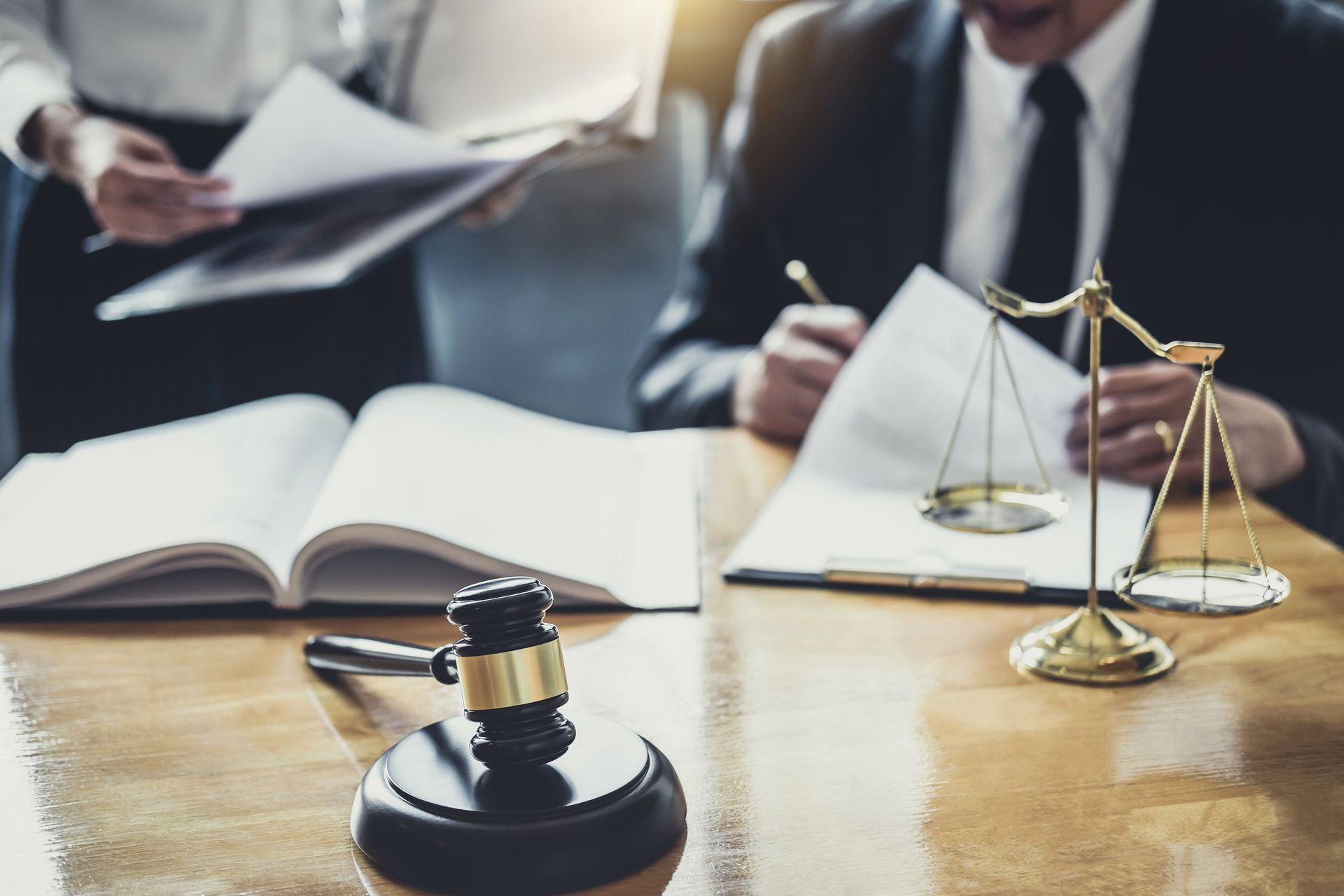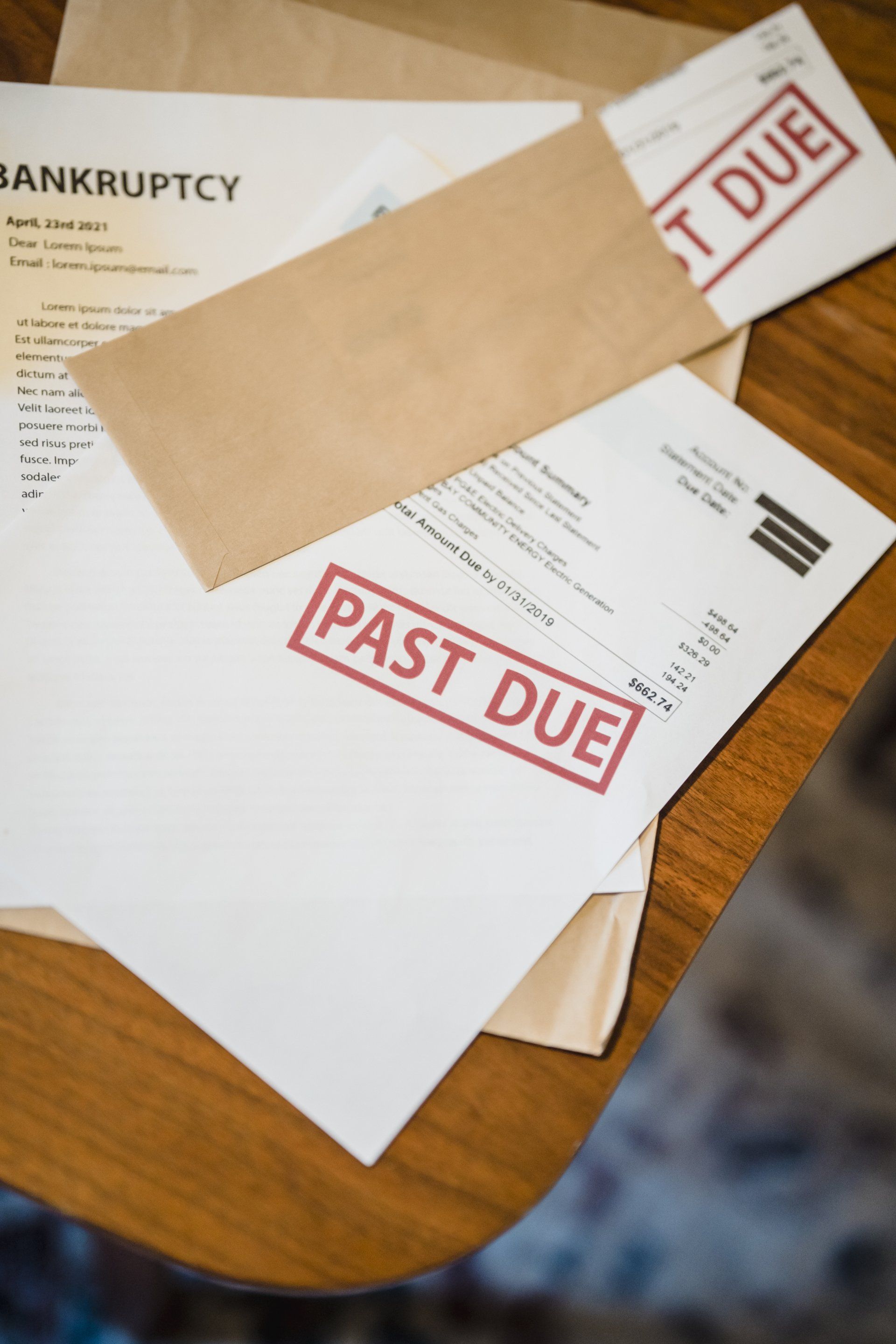Are You Feeling the Effects of Inflation? Bankruptcy Can Help
Inflation has created serious financial burdens for many American families. If you are struggling to pay the rising costs of everything from food to gas, know that you are not alone. A St. Louis bankruptcy lawyer can determine the right financial strategy for your family if you are feeling the effects of inflation. What follows are just some of the ways that bankruptcy can help ease the financial burden of rapid inflation.
Bankruptcy Gets Rid of Dischargeable Debts
There are many types of debt that can be discharged in bankruptcy. Once a debt has been discharged in a successful bankruptcy case, you have no legal obligation to pay it, and the creditor cannot attempt to collect it from you. Credit cards are one of the most common sources of bankruptcy debt. You can also discharge many types of medical debt. Even tax debts can also be discharged in certain circumstances. (The IRS provides helpful information about the requirements for discharging tax debt in bankruptcy.)
Bankruptcy Can Free Up Income to Pay Your Non-Dischargeable Debts
There are some debts that cannot be discharged in bankruptcy. Family support obligations (such as child support and alimony) cannot be discharged, and other court-ordered payments (such as criminal restitution orders or court fines) are usually exempt from bankruptcy as well. Student loans can not usually be discharged. There are a few narrow exemptions, and you should discuss these with a bankruptcy attorney. Generally, however, your student loans will continue to be a collectible debt even after a successful bankruptcy case.
So how does bankruptcy help you with these non-dischargeable debts? If you are no longer making payments to credit card companies and other creditors, you will free up income that can be used to make payments on non-dischargeable debts. Doing so makes it easier to pay these debts and become free from wage garnishments, harassing phone calls, intercepted tax refunds, and other debt collection efforts.
Bankruptcy Allows You to Rebuild Your Credit History
Many people considering bankruptcy are concerned about the effect it will have on their credit. It is true that bankruptcy is reported on your credit for years after your case has been finalized. But bankruptcy also allows you to start building good credit once again. Paying your rent, car payment, and other debts on time because you are no longer paying discharged debts builds good credit. When considering the effect that bankruptcy will have on your credit, it is also important to consider the effect that not filing bankruptcy will have. Will you continue to struggle to make payments? Will you fall behind on other debts? If so, your credit will continue to suffer anyway. Bankruptcy is an effective way to “start fresh” and give your family a new financial future.
A St. Louis Bankruptcy Lawyer Can Help You Fight the Effects of Inflation With Debt Relief
Attorney Andrew Kirkwood Smith has over ten years of experience handling bankruptcy cases. He handles every case personally, so clients know they are getting an attorney’s personal attention. Our firm has consistently delivered results for clients across Missouri. Call (314) 740-2989 to speak with a St. Louis bankruptcy lawyer right away. Our phones are answered 24/7, and all clients have our attorney’s direct cell phone number.
